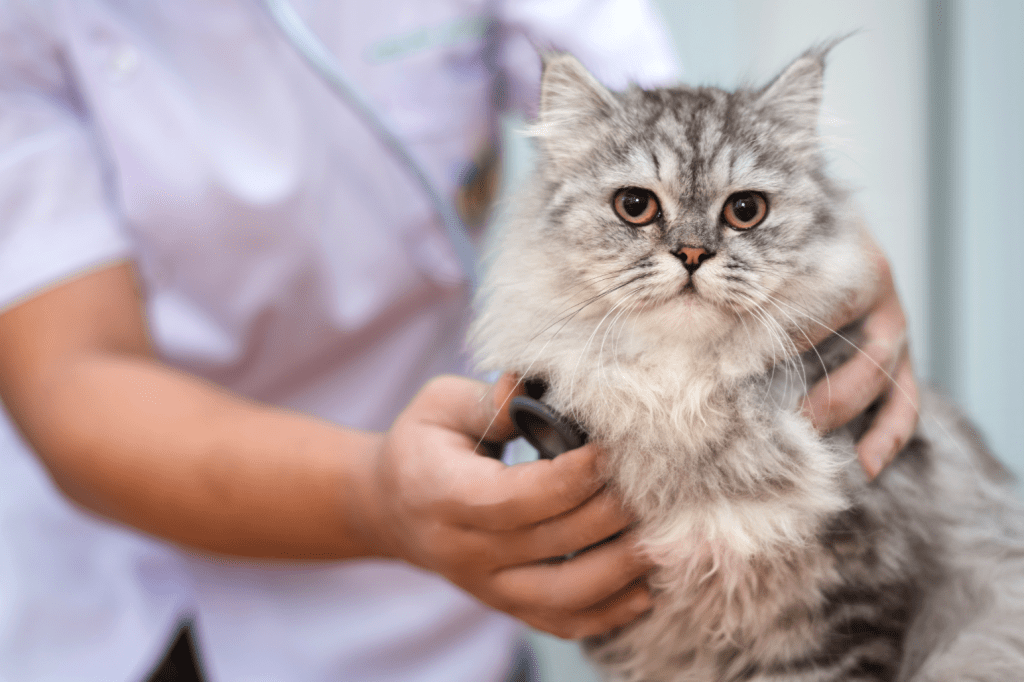At Texas Coalition for Animal Protection (TCAP), we prioritize the health and well-being of your furry family members. A fundamental aspect of pet care is vaccinations, which play a crucial role in preventing various diseases and ensuring a long, happy life for your pets. In this comprehensive guide, we’ll delve into the world of “Pet Vaccination Needs,” helping you understand what vaccinations your pet really needs for optimal health.
Core Vaccines: The Essential Shield
- Rabies: Rabies vaccination is a legal requirement for pets in many regions, and for good reason. Rabies is a deadly disease that can affect both animals and humans. Keeping your pet up-to-date on their rabies vaccine is a vital aspect of responsible pet ownership.
- Canine Distemper, Adenovirus, and Parvovirus (DA2PP) for Dogs: This combination vaccine protects against three highly contagious and potentially fatal diseases in dogs. Puppies usually receive a series of DA2PP vaccinations to build immunity.
- Feline Viral Rhinotracheitis, Calicivirus, and Panleukopenia (FVRCP) for Cats: Similar to the DA2PP for dogs, the FVRCP vaccine for cats prevents three common and potentially severe feline diseases. It’s a core vaccine for all cats.
Non-Core Vaccines: Tailoring Protection to Your Pet's Lifestyle
- Bordetella (Kennel Cough): If your pet is frequently in contact with other dogs, especially in group settings like dog parks or boarding facilities, the Bordetella vaccine is advisable to prevent kennel cough.
- Leptospirosis: Leptospirosis is a bacterial infection that can affect both animals and humans. This vaccine is recommended if your pet spends time in environments where they may come into contact with wildlife or contaminated water.
- Feline Leukemia (FeLV) for Cats: Outdoor cats or those in multi-cat households may benefit from the Feline Leukemia vaccine, which protects against a contagious and often fatal virus.
Puppy and Kitten Vaccination Schedules: Building Immunity from the Start
Puppies and kittens require a series of vaccinations starting at an early age. These initial vaccines help build a strong immune foundation and are usually administered in a series of 3 visits for puppies and 2 visits for kittens. Each visit is done 3-4 weeks apart.
Adult Pet Vaccination Schedule: Maintaining Immunity
Once the initial series is complete, pets transition to an annual adult vaccination schedule.
Affordable Vaccination Services at TCAP: Ensuring Accessible Care
At TCAP, we understand the importance of accessible veterinary care. Our affordable vaccination services are designed to make essential preventive care, including core and non-core vaccinations, accessible to all pet owners.
Understanding your pet’s vaccination needs is a critical aspect of responsible pet ownership. At TCAP, our dedicated team is here to guide you through the “Pet Vaccination Guide,” ensuring that your furry companions receive the tailored protection they need for a lifetime of health and happiness. Vaccines are provided on a first-come-first-served basis during TCAP’s walk-in vaccine hours. We look forward to seeing you and your pet soon!











